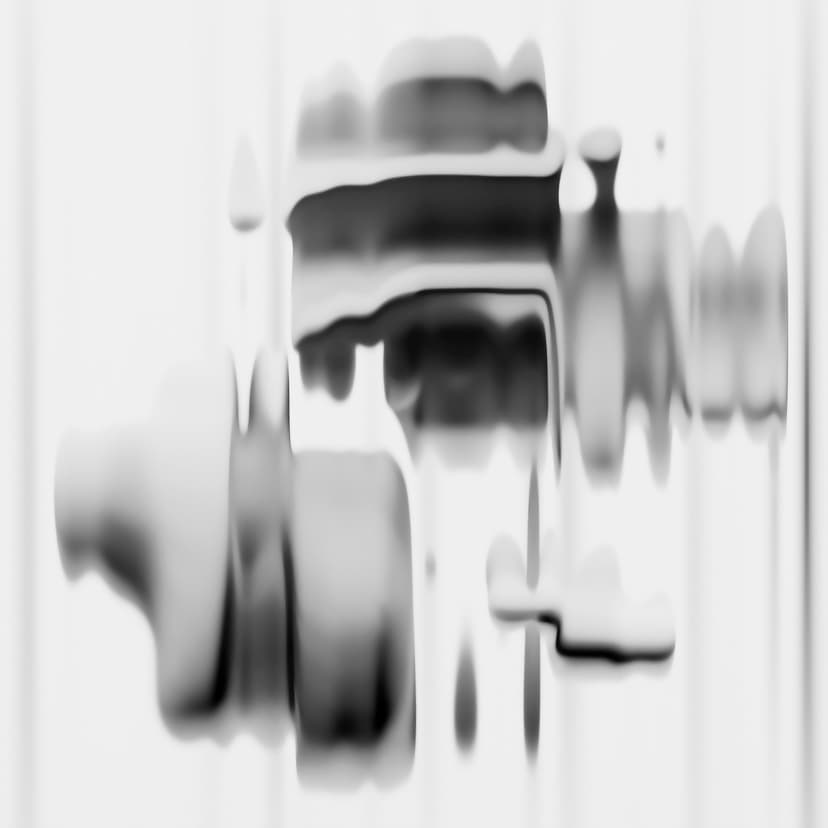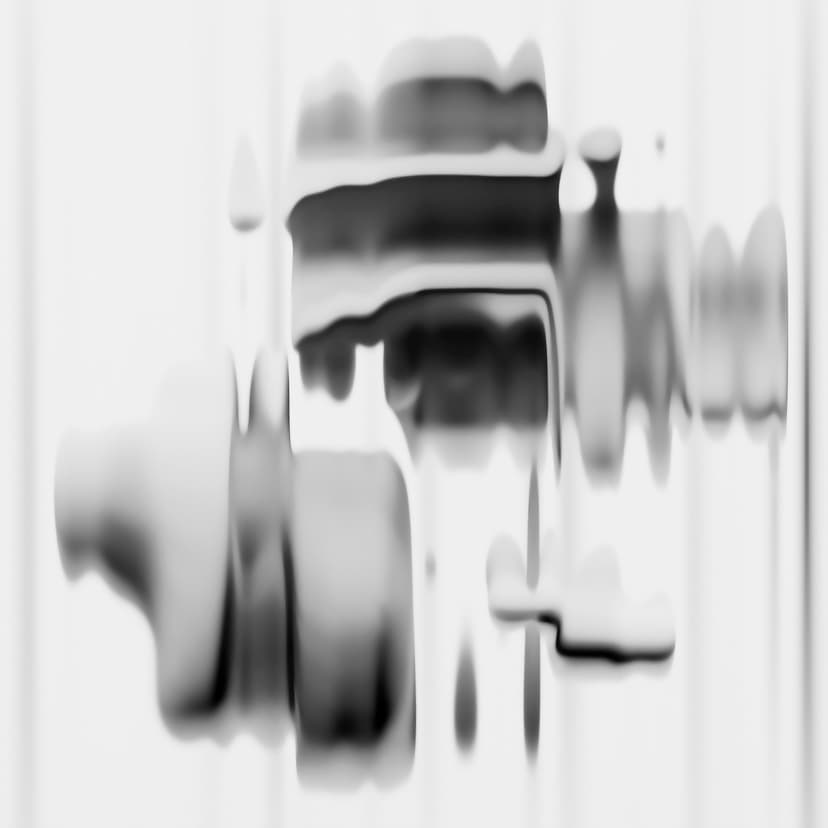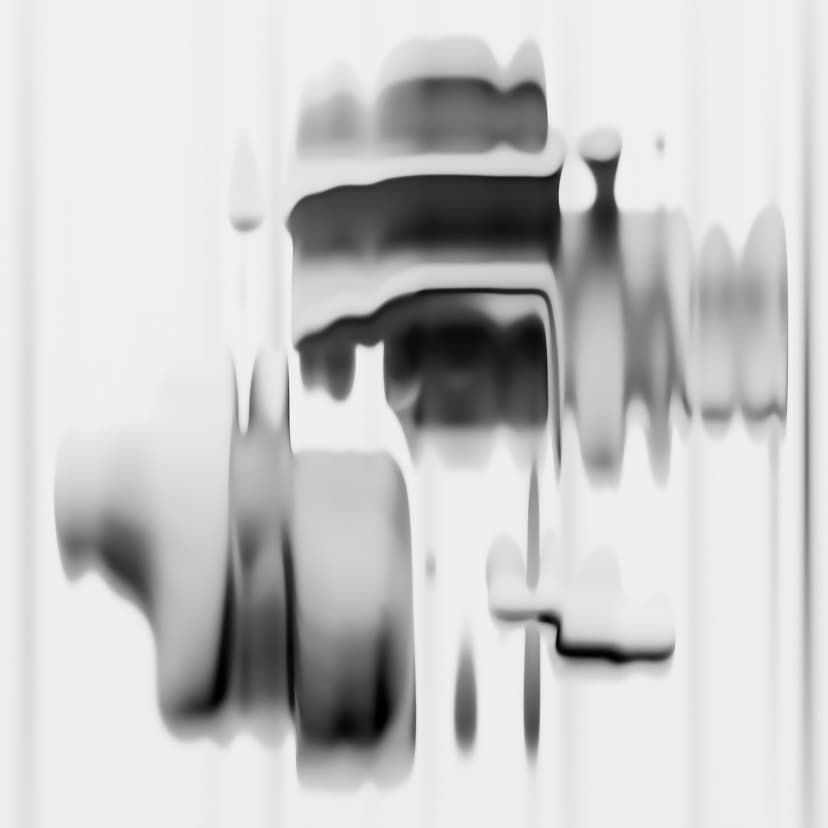He still remembers the feeling in his stomach well, he says. Such a terrible feeling in his stomach. An acquaintance rang the doorbell in the middle of the night; he wanted to say goodbye, so he took off. My grandfather remembers how excited he was. Of course, it wasn't the first time someone had left. They lived in a two-room apartment for railway employees, in the Russian sector of Berlin. His father had worked for the railway in Berlin, and thus had many colleagues and friends there as well. My grandfather only talks about how suddenly some of them were simply no longer there. They were simply gone, having quietly and secretly left East Berlin and thus the GDR. "Gone?" I ask him if he didn't also feel like he had to leave. He said no. At that age, you don't think about all that. It was true, he was still very young. He basically spent his entire youth there. And back then, things were different in Berlin. Everything was open. You could just cross the border. "You're leaving the Russian sector now." If it weren't for the signs and border guards, the sector change would have been barely noticeable. A few things, perhaps: "As an East Berliner, you could go to the cinema there for 25 pfennigs!" He tells me he wasn't afraid back then. The fear came later. The first time he felt uneasy, he was already in high school. My grandfather wanted to visit an acquaintance in the north of East Berlin by bike. To take a shortcut, he crossed part of West Berlin. On the way back, he was stopped at the border. The policeman confiscated his bike. To this day, he doesn't fully understand why. Nevertheless, he handed it over without protest. My grandfather's mother, of course, didn't think it was right, "that's not possible." That same evening, she went to the border guard and demanded the bike back. It was a West German bike, a gift from his grandmother. And, what was so important to my grandfather back then, one with an "ox-head" handlebar. His grandmother lived in West Germany, and they spent almost every summer vacation there, provided their exit was permitted. His mother, his sister, and he himself. They didn't have much there either. His grandmother lived in the countryside with a farming family. When they visited, they all shared a single large room. But none of this bothered my grandfather; he remembers his vacations in the countryside as wonderful times. "As a child, you don't even notice such things." Later, there were many years in which their exit was denied. Each time, a different reason was given as to why the authorities rejected their applications, three years in a row. The year my grandfather graduated from high school, they also applied to travel. As luck would have it, the application was approved that very year. So they were able to visit their family, but without his sister, who was already working. On August 4, 1961, they left for his grandmother's house on the interzonal train; he still remembers it clearly. There he also visited an old friend. At that time, there were more refugees from the GDR every day, and he jokingly said to my grandfather, "Maybe you should stay here, they'll be closing the border soon." Nine days later, you were in Hamburg, with his cousin. It was Sunday, August 13th. Without hearing the latest news, you went sailing that morning. You didn't get home until late afternoon. Only then did you realize: the border was closed. My grandfather could hardly believe it. Now everything happened very quickly. You didn't have much with you, a suitcase of clothes to spend the summer days there, nothing else. Nevertheless, it was clear that you would stay here in the West. My grandfather's mother was able to take care of him and her elderly mother, but then had to leave her daughter alone in the GDR. After all, she was old enough, already working, and soon to be married. My grandfather imagines how difficult it must have been for his mother to make these decisions. The next day, his cousin traveled to West Berlin and crossed the border to retrieve important documents from my grandfather. He tells me how all of his elementary school report cards were glued together in a folder, and his cousin tore them out so they could be transported as discreetly as possible. Today, you can still see the tear marks and the glue residue on the paper. And so it happened. Now he, too, was one of those who were "simply gone." Much time would pass. He wouldn't see many people close to him again for many years. He wasn't able to visit his sister again until 13 years later. The first time she would meet his wife and children. And the first time he saw his niece. Even considering visiting his former homeland, he explains, was due to the current inner-German agreements. It was the first time in years that, as a former GDR citizen, you didn't have to fear being arrested. "You felt incredibly strange to yourself, even after such a long time. Your best friends, with whom you spent every day, or your sister, with whom you spent day and night, seemed so different." He tells me about his friends. An incredibly close group of friends from high school. They met up again after all these years. He brought good whiskey from the West, and the group had a lovely evening. One of them had become a sports official and said during the course of the evening, "Tomorrow I have to announce that I had contact with the West." My grandfather says he was glad he wanted to meet up with him anyway. That was the last time they all saw each other. A lot had changed. He emphasizes how the fear was completely different now, too. Not only because of the harsh border police, but also because of his story. While he hadn't fled in the strictest sense, he had still refrained from returning. At the border crossings, everything was carefully inspected. The size of the gas tank was checked, mirrors were used to check what was underneath the car, and many wrapped gifts were x-rayed to check their contents. My grandfather was always very afraid of breaking some kind of regulation. On the highway, he always obeyed the speed limit of 100 km/h. He still remembers the clacking of his tires at regular intervals due to the gaps between the concrete slabs.




